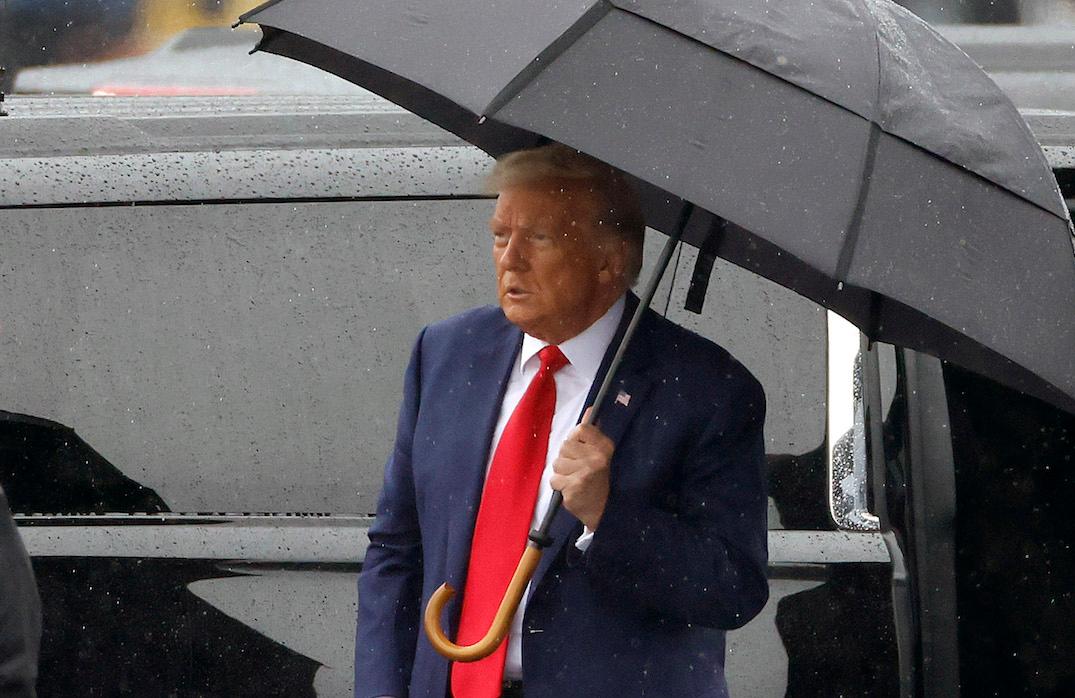The indictment of former President Donald Trump for his trying to reverse the results of the 2020 election stretches the law to criminalize legal advice, according to a former prosecutor who warned of the legal precedent the case would set.
“We are very far down the road of criminalizing thought, criminalizing advice of counsel,” warned Brett Tolman, a former federal prosecutor and counsel to two GOP heads of the Senate Judiciary Committee.





